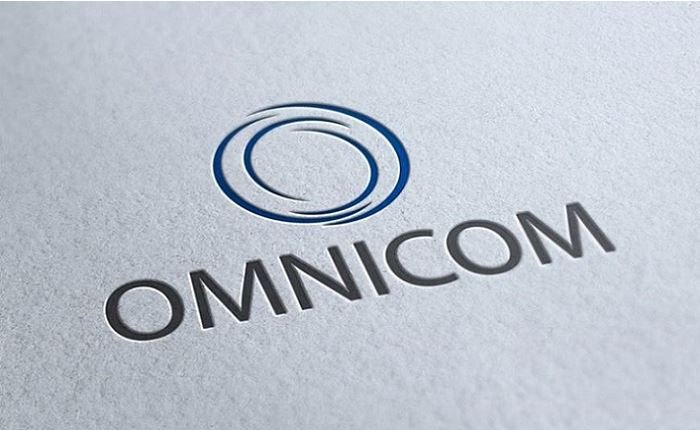Omnicom Group, a global leader in advertising, has announced a $13 billion merger with the Interpublic Group. This strategic move comes as the advertising industry faces disruption from Big Tech (Google, Facebook, Amazon) and the increasing influence of AI. With Big Tech dominating the digital advertising market and the rise of AI technologies, traditional agencies must evolve or risk becoming irrelevant.
Big Tech and AI: Shaping the Future of Advertising
Google, Facebook (Meta), and Amazon control nearly 60% of digital ad spending. Their vast data and machine learning algorithms enable them to deliver highly targeted, effective ads, making them formidable competitors for traditional agencies. As AI continues to transform ad creation, analytics, and campaign management, agencies must adopt new technologies or fall behind.
Merger Impact: Strengthening Market Position
The merger will combine Omnicom’s portfolio of agencies like BBDO, DDB, and TBWA with Interpublic’s McCann, FCB, and Lowe, creating a stronger player in the advertising world. This partnership aims to increase efficiency, reduce costs, and invest in AI tools, positioning the companies to compete with Big Tech. The combined agency will be more agile, offering both traditional and digital solutions to clients.
Competing Against Big Tech
Big Tech’s dominance in digital advertising is a significant challenge for agencies like Omnicom and Interpublic. By merging, the companies aim to leverage a broader range of digital tools and technologies, providing better services to clients. This move is also in response to companies shifting their ad spending directly to platforms like Google and Facebook, bypassing traditional agencies.
AI presents both an opportunity and challenge. The merger will allow the companies to expand their use of AI technologies, improving consumer insights, forecasting, and ad personalization. AI will also help optimize ad space, identify ideal consumer contact times, and enhance creative campaigns.
Strategic Benefits: Efficiency and Cost Savings
The merger is expected to reduce costs by eliminating redundant work and streamlining operations. Headcount cuts and improved efficiency will boost profitability. The new, combined agency will also benefit from better negotiations with tech partners, enabling more favorable contracts and expanding access to cutting-edge advertising tools.
The Future of Advertising
The advertising landscape is rapidly evolving, and Omnicom’s $13 billion merger with Interpublic reflects the need for traditional agencies to adapt to new technologies. By embracing AI and expanding their digital capabilities, the merged agency aims to compete with Big Tech, better serve clients, and remain relevant in a technology-driven industry.
While challenges will arise in the initial stages of the merger, the long-term benefits of innovation, efficiency, and cost savings will help solidify their position in the global advertising market. The AI revolution in advertising is here, and Omnicom’s merger with Interpublic positions them to lead the charge.
